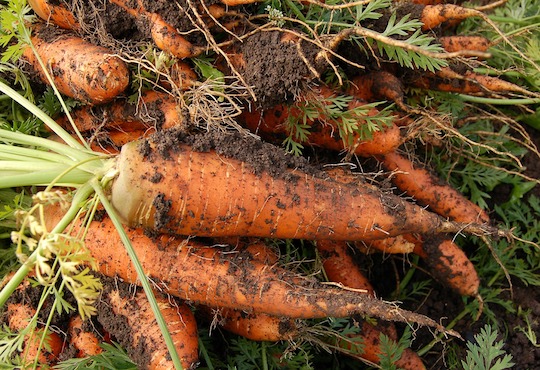
19 November 2020 – Efforts to ensure good food for everyone are underway in Kuopio, European Region of Gastronomy awarded 2020-21 that is supporting Kuopio’s City Council initiative to increase the share of locally-produced food in schools.
Proposed by Kuopio’s Green party, the initiative aims to encourage the adoption of more sustainable public procurement schemes that favour the purchase of local food for schools’ menus, taking also into account the emission reduction targets of the Kuopio Climate Policy Programme.
In Kuopio, the production of school food is managed by Servica Oy, whose operations have been controlled quite narrowly by the city council through price and nutritional recommendations since 2015. However, the share of food of foreign origin purchased by the company is still high.
Therefore, the Kuopio Greens advocate for renewed public procurement strategic guidelines that include further aspects such as: the quality of the food; the origin of the ingredients; the proportion of plant proteins in meals; the method of production; as well as, the sustainability of the food services themselves.
Such strategies would have a significant impact on local employment and the regional economy; the development and survival of local production; the preservation of the local food culture; the food education of children and young people; as well as, local food tourism and attractiveness of the area.
Servica Oy prepares about 23,000 meals every weekday (i.e. more than four million servings a year) and local small-scale producers are often unable to provide products in the necessary amount to cater for all schools in the area at the same time.
Therefore, the council initiative calls for the adoption of creative solutions as, for example, dividing the city into areas with slightly different menus, to reduce the demand for specific products and ensure that local producers can supply them in smaller quantities. Though more expensive than the usual economies of scale, these solutions would compensate a higher investment with an increased involvement of local entrepreneurs, as well as improved local employment rates and tax revenue.
Systematic cooperation between agricultural entrepreneurs, food processors, food service professionals, procurement professionals and all the different actors involved becomes thus paramount to ensure an increased use of local food in schools and the updating of the municipality’s public procurement criteria.
About the Regions of Gastronomy Platform
Candidate and awarded Regions of Gastronomy, guided by IGCAT, are working together to raise awareness about the importance of their cultural and food uniqueness; stimulate creativity and gastronomic innovation; educate for better nutrition; improve sustainable tourism standards; highlight distinctive food cultures; and strengthen community well-being.
About IGCAT
IGCAT aims to empower local communities by raising awareness of the importance to safeguard and promote distinct food, culture, arts and sustainable tourism assets. This is essential to balance against globalised food trends that are impacting on our planet, health and local economies.
IGCAT is a non-profit institute established in 2012, working with regional stakeholder consortiums in the fields of gastronomy, culture, arts and tourism. It counts on the expertise of a worldwide network of experts and works in partnership with specialised intergovernmental organisations.
IGCAT provides the Region of Gastronomy Award and is the official secretariat for the Regions of Gastronomy Platform. Furthermore, the Institute has developed the Young Chef Award, the Local Food Gift Challenge, the Top Visitor Experience and the Food Film Menu.
Photo credit: Alexey Hulsov from Pixabay

